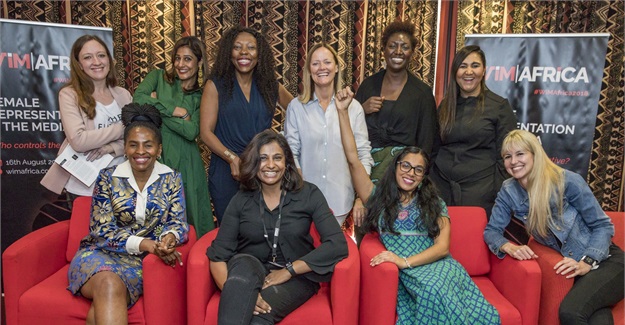The fourth Affirmative Finance Action for Women in Africa (AFAWA) Entrepreneurial master class has started in Pretoria, South Africa to set programme at improving women’s skills in business development and financial management.
More than 40 business women, who came through an online application process, will attend the two-day masterclass, which will cover financial planning, lean start-up methodology and business model canvassing.
A mentoring and coaching session will help participants to broaden their skills.
The master classes are jointly conducted by the African Development Bank and Entreprenarium, a pan-African foundation that invests philanthropic capital in the training and financing of women and young entrepreneurs.
Speaking at the opening, African Development Bank Regional Director General, Kapil Kapoor, queried development agendas that discriminate 50% of the population on regulation, skills development, access to information.
“We would like to put gender at forefront of our development agenda to cause a transformation that is inclusive. This is a forum where the Bank can do differently to bring about this transformation,” he said.
The training forms part of the Bank’s goal to support over a thousand women entrepreneurs in six African countries.
Training has already occurred in the Cote d’Ivoire, Gabon and Kenya, and is under way in Tunisia. From the first three countries, applications for financing are being reviewed with a view to support the most promising projects.
Despite South Africa being the second largest economy in Africa, the nation has very high levels of unemployment (59% youth, 29.5% women), huge disparities in income and too many unskilled youth and women.
Many youth and women face numerous challenges that include unaffordable bank fees for those on low incomes, a lack of trust in financial institutions, and informal borrowings.
Access to finance in South Africa remains a challenge, especially to black African women. Some of the major obstacles include inadequate financial literacy; the banking sector’s fear of their perceived risks of lending to women; economic empowerment targets that exclude women’s enterprises; and inadequate or inappropriate bank products.
Entreprenarium has been working with women entrepreneurs throughout Africa since 2004 and has trained over 2,000 entrepreneurs.
Speaking for Entreprenarium, Frédéric Ngirabacu, Chief Operating Officer said, “We developed this programme to support and empower resilient and innovative women entrepreneurs all across the African continent, because they have a right to the same opportunities as men to build their financial autonomy in a sustainable way.”



